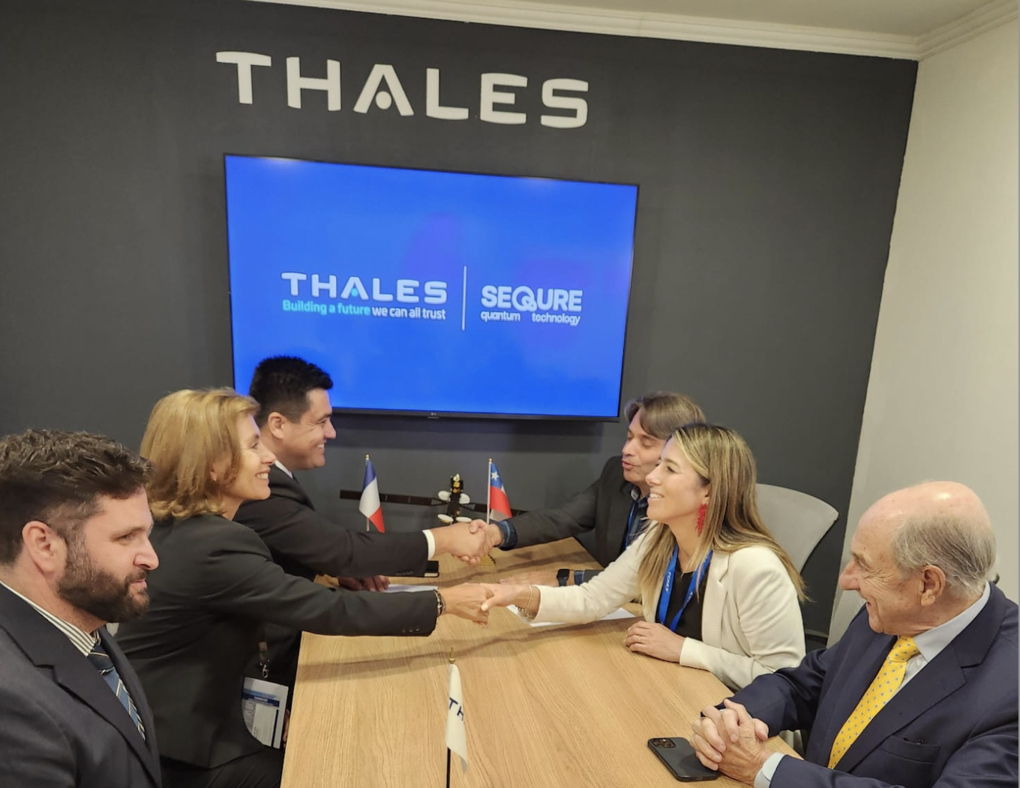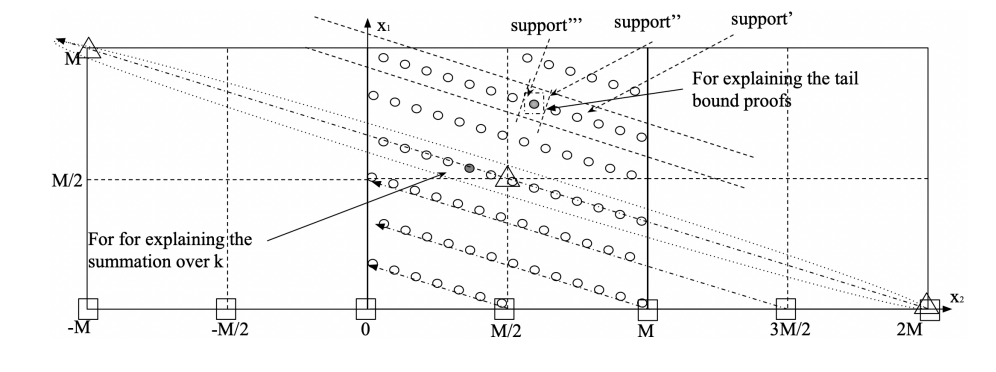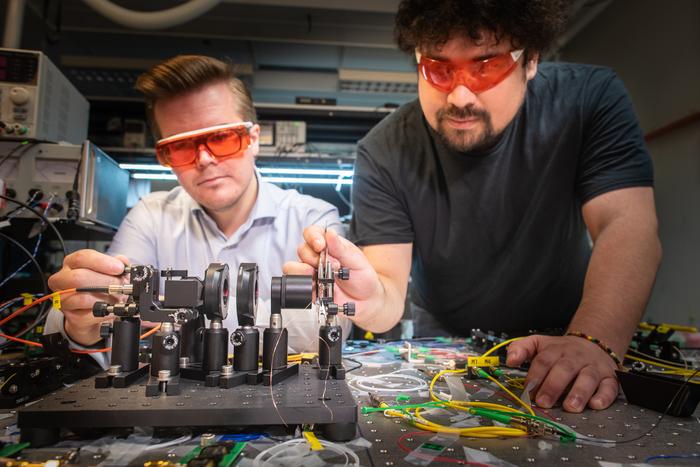Blank Expression
“What are quantum computers and AI?
Seems like a fair question.
Ask it to the average passer-by on the street, though, and chances are they’ll give you a basic answer to what the latter is. On the former, however — unless the question’s targeted to a college physics major on the way to a coffee shop for their daily fix — you’d invariably get a blank expression, a look from them of utter dumbfoundedness.
And that’s natural.
To most of us, quantum computing is something exotic, unworldly, a non-practical thought experiment.
AI, though less of an intellectual conundrum, is still a discipline for those whose math and logical skills are on a higher level than most of the planet’s population.
‘The pace of progress in artificial intelligence (I’m not referring to narrow AI) is incredibly fast. Unless you have direct exposure to groups like Deepmind, you have no idea how fast — it is growing at a pace close to exponential. The risk of something seriously dangerous happening is in the five-year timeframe. 10 years at most.’
— Elon Musk
Both, in essence, are neither here nor there to the majority. Decades or centuries down the line. Not something to interrupt the ebb and flow of the morning commute, paying the bills or the anticipation of the newest release to binge-watch on Netflix
A techie’s utopian dream.
The truth is, however, what’s going on in the labs around the world — from China to Silicon Valley — may surprise you.
There are scientists in the space, nevertheless, who believe the research currently being conducted in deep neural networks may assist physicists to reach an understanding as to how (and why) quantum behaviour operates.
Oh, yeah, really — deep learning and AI will help us understand the quantum world?
Yeah, or at least that’s what some of the cleverest people on the planet suppose.
Benefits
Quantum AI came about from the potential that quantum algorithms can offer technology in a plethora of disciplines, from general optimization problems to issues like anomaly detection in systems, dimension reduction and clustering. The benefits quantum processing units have over classical models are their quantum states cannot be replicated, meaning they can, in theory, identify data patterns which classical computers cannot.
Qu & Co
Dutch-based startup Qu & Co, headed by Dutch co-founder and CEO, Benno Broer, along with his Danish partner, Dr. Vincent Elfving — who acts as CTO — has already seized the opportunity with what the company calls ‘quantum-ai as-a-service’. The two hope to achieve this through the use of quantum processing units integrated with classic GPUs and CPUs, evolving their AI and machine learning (ML) to solve some of the most intractable problems in the space.

Qu & Co, which also deals in quantum-computational chemistry (and has just signed a cooperation deal with Schrödinger, a German company founded in the early 1990s whose computational platform specializing in accelerating drug discovery and materials design) sees its goal to align current practices in QC and AI come together through symbiosis.
Key Paper
In academia, too, there’s fanfare going on as AI and quantum technology are struck together to create a brighter future in hard tech innovation. Earlier this year, scientists at Oxford University and MIT teamed up with their counterparts at IBM (allowing the academics to utilize their Qiskit Aqua quantum information science kit for the project), releasing a paper called ‘Supervised learning with quantum enhanced feature spaces’. In it, they expand on a theory that as quantum architectural systems become exponentially better, they will execute such functions as feature mapping — an area of machine learning that deconstructs data into non-redundant features — which classical computers are unable to do.
‘My colleagues and I instead hope to build the first dedicated neural network computer, using the latest ‘quantum’ technology rather than AI software. By combining these two branches of computing, we hope to produce a breakthrough which leads to AI that operates at unprecedented speed, automatically making very complex decisions in a very short time.’
— Michael Hartmann, a professor at Heriot-Watt University
The authors defended their stance by stating the technique can be used to generate new classifiers which can fashion better data maps. This, in turn, would allow them to achieve better AI systems which could recognize patterns in data that classical computers find difficult.
Migration
With data science a trending word these days, it is no surprise to see more companies specializing in quantum technology migrate their business interests into the sphere of AI and ML.
With the help of QC, there is little doubt the search for faster, more reliable solutions in AI will come about sooner than we thought possible.
Get ready for World 3.0, where the world’s as good as we want it to be.






















